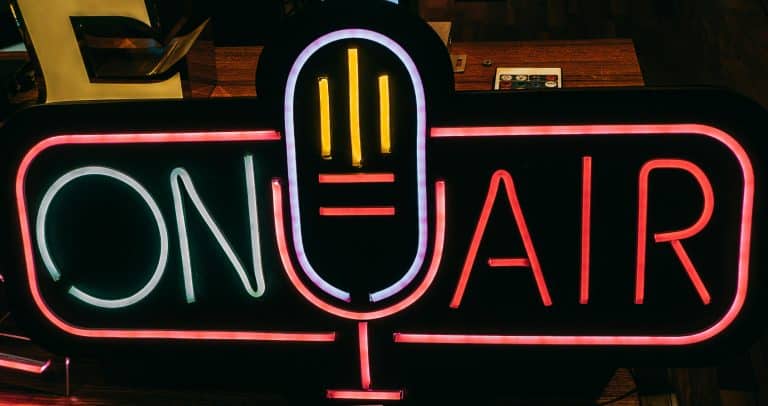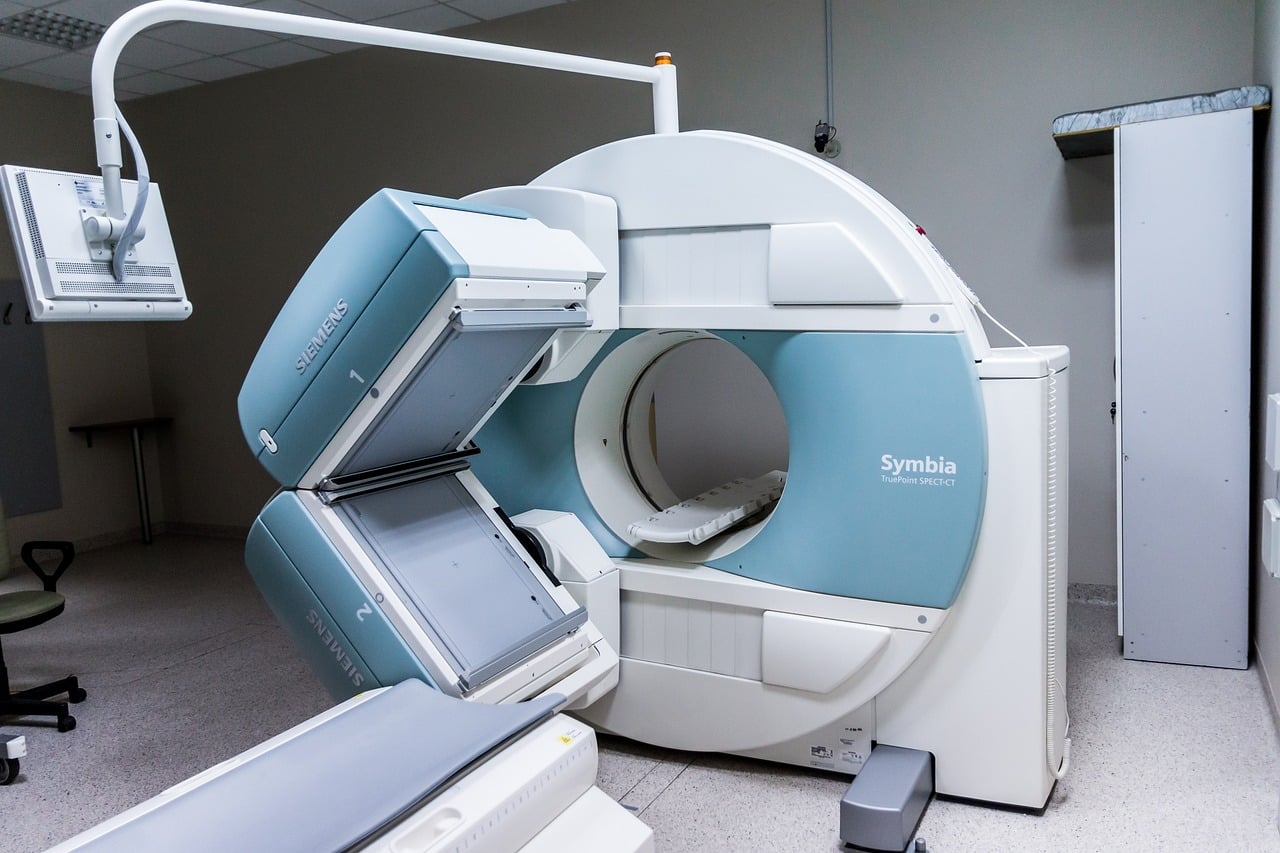Donald Trump put out an executive order on May 1, 2025. The goal of this order is to end funding for NPR and PBS. The order instructs the Corporation for Public Broadcasting to stop funding PBS and NPR directly. The Corporation for Public Broadcasting (CPB) supports interesting public programming. NPR stands for National Public Radio. National Public Radio provides information through a set of member stations. PBS stands for the Public Broadcasting Service. PBS provides engaging and informative public television programs.
Trump’s Executive Order from May 1
On May 1, 2025, President Trump issued an executive order about public news media funding. The executive order is entitled “Ending Taxpayer Subsidization Of Biased Media.” The order provides instructions to the Corporation for Public Broadcasting (CPB). The executive order states that CPB should no longer directly fund PBS and NPR. According to NPR, whether “the president has the authority to make such orders” is unclear. President Trump may not legally be able to issue such a direction to CPB.
Corporation for Public Broadcasting (CPB)
The Corporation for Public Broadcasting (or CPB) was established by Congress. The law creating CPB is called the Public Broadcasting Act of 1967. According to the CPB website, the Corporation for Public Broadcasting is “a private, nonprofit corporation.” CPB’s stated goal “is to ensure universal access to non-commercial… content and telecommunications services.” It aims to provide high-quality output. Over 70% of CPB’s funding goes to over a thousand public media outlets. These outlets include local television and radio stations.
The Corporation for Public Broadcasting is not a creator of any original programming. There are no public media stations owned by CPB. CPB states that it “does not operate or control any public broadcasting stations.” National Public Radio (NPR) is separate from the Corporation for Public Broadcasting. The Public Broadcasting Service (PBS) is also an entity separate from the CPB. The CPB aims to support enriching and informative programming.
About National Public Radio (NPR)
National Public Radio (NPR) is a nonprofit media organization. This independent entity aims to provide vital information to the public. The organization has a collection of member stations. Its website states: “NPR makes local stories national, national stories local, and global stories personal.” The website also states that around “99% of the U.S. population” has a nearby station. Two of NPR’s popular morning news shows are All Things Considered and Morning Edition.
According to NPR, public media federal funding “flows through the… Corporation for Public Broadcasting.” One percent of funding for National Public Radio comes from the federal government directly. National Public Radio also indirectly receives a small amount of government funding. Between 8% and 10% of funding for member stations comes from the CPB. Funding for NPR and its member stations is also received from various other sources. One source is donations from listeners. Another is corporate sponsorship.
About the Public Broadcasting Service (PBS)
The PBS website states: “PBS and our member stations are America’s largest classroom.” Its initial broadcast was made in 1970. This broadcast featured the cooking show The French Chef. PBS programs include Sesame Street and other educational shows for children. Also, PBS provides informative shows about current events. PBS News Hour has been broadcast since 1975. PBS also features literary adaptations and interesting science programming.
Annually, more than one hundred thirty million people watch PBS. People who live in rural locations comprise 60% of the viewership of PBS. The Corporation for Public Broadcasting provides monetary support for PBS. Fifteen percent of funding for the overall PBS enterprise comes from the CPB. PBS is also funded through grants, corporate sponsorships, and viewer donations.
Reactions to the Executive Order
CPB, NPR, and PBS have all pushed back against the executive order. CPB president and CEO Patricia Harrison has stated that “CPB is not a federal agency.” Therefore, President Trump does not have authority over CPB. According to an NPR statement, NPR “will vigorously defend” its ability to provide essential news. The senior vice president of communications of the organization, Heather Walls, issued the statement. Paula Kerger is CEO and president of PBS. According to Paula Kerger, the executive order is “blatantly unlawful.”








